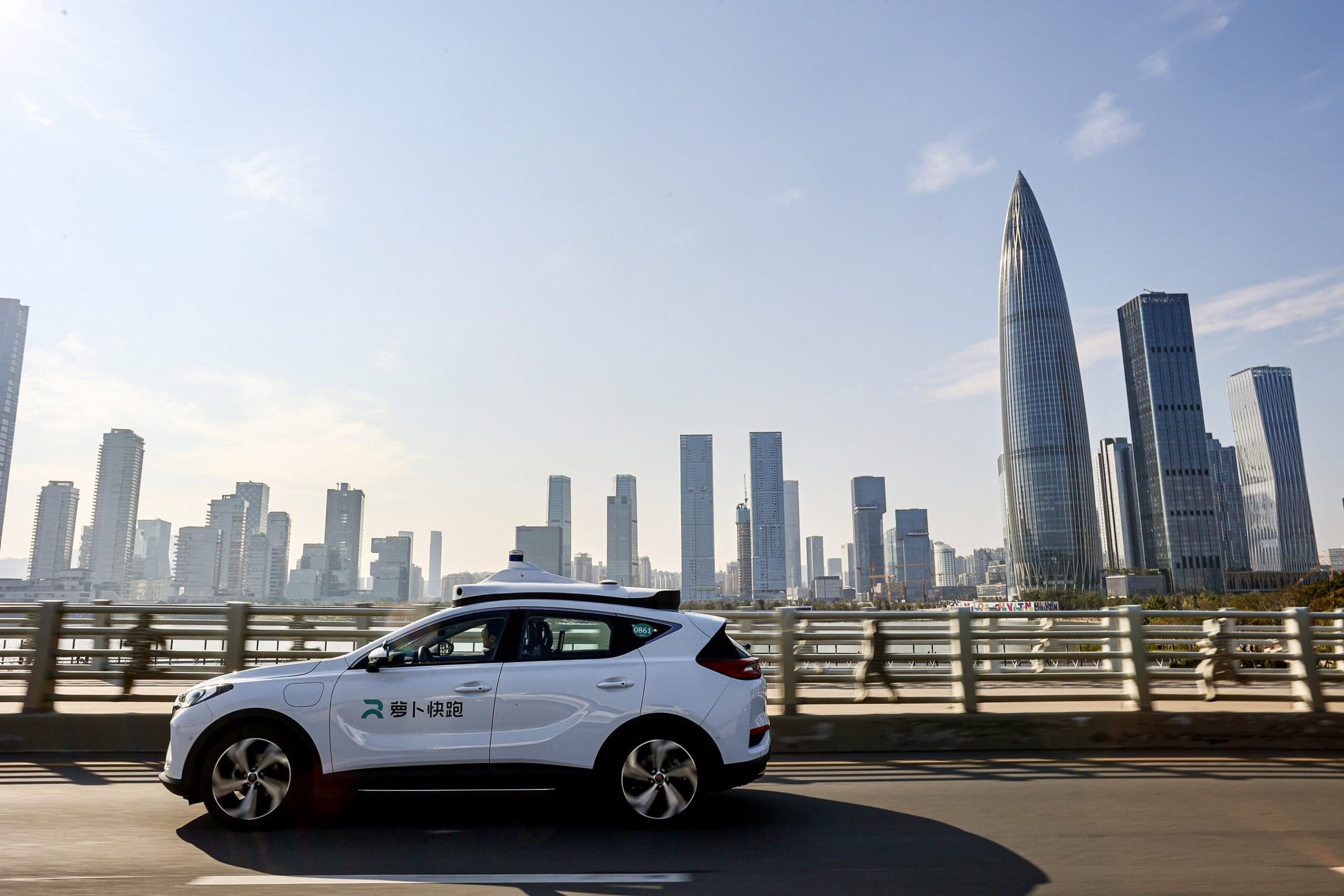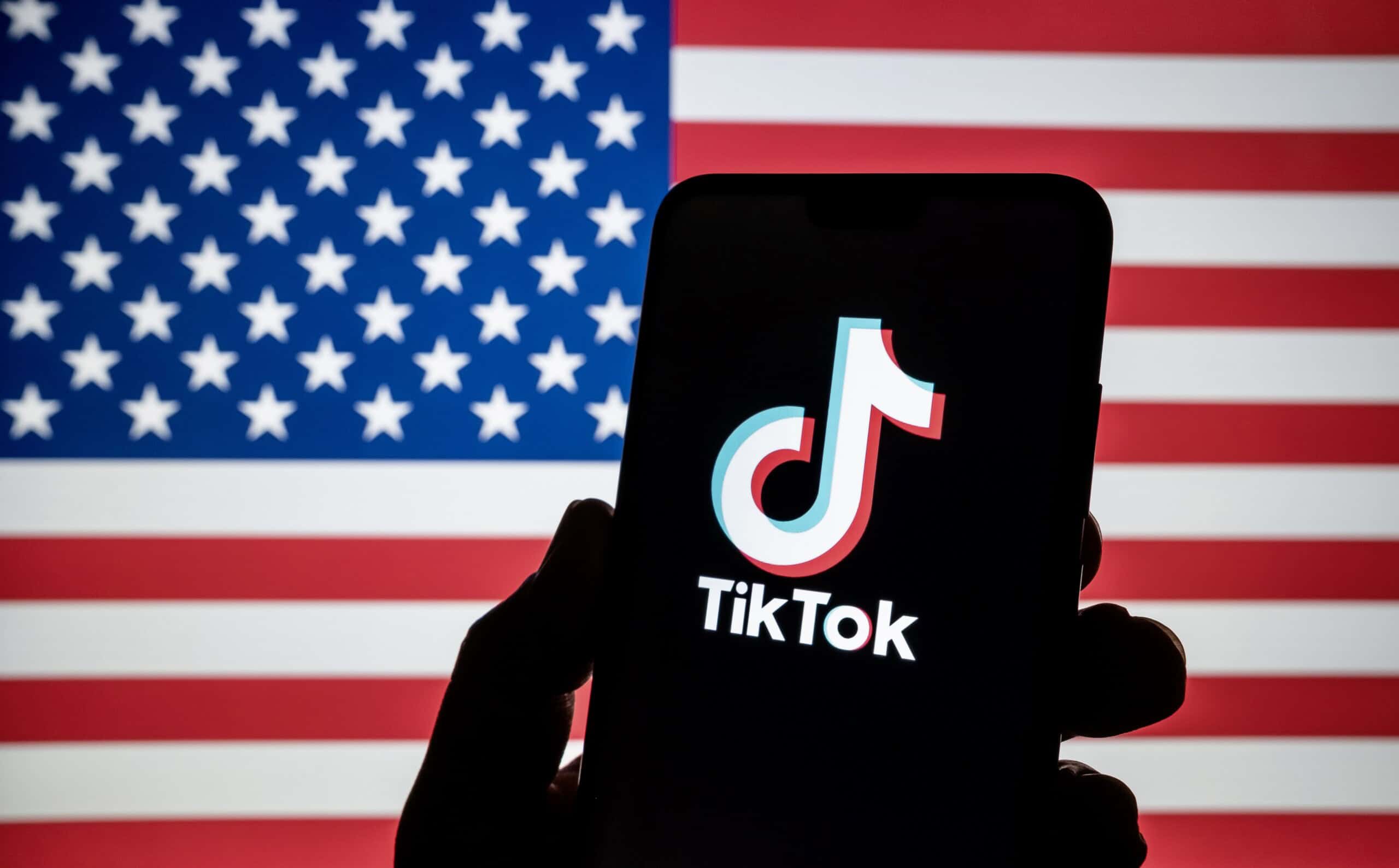Sir Danny Alexander is the vice president for policy and strategy at the Asian Infrastructure Bank, the multilateral development bank set up by China in 2016. He joined the bank after spending five years as a senior member of the British government, after his Liberal Democrat party joined a coalition under former Conservative Prime Minister David Cameron. Under Cameron, the UK pursued the so-called ‘Golden Era’ policy designed to deepen ties with China, which included the decision to join th



